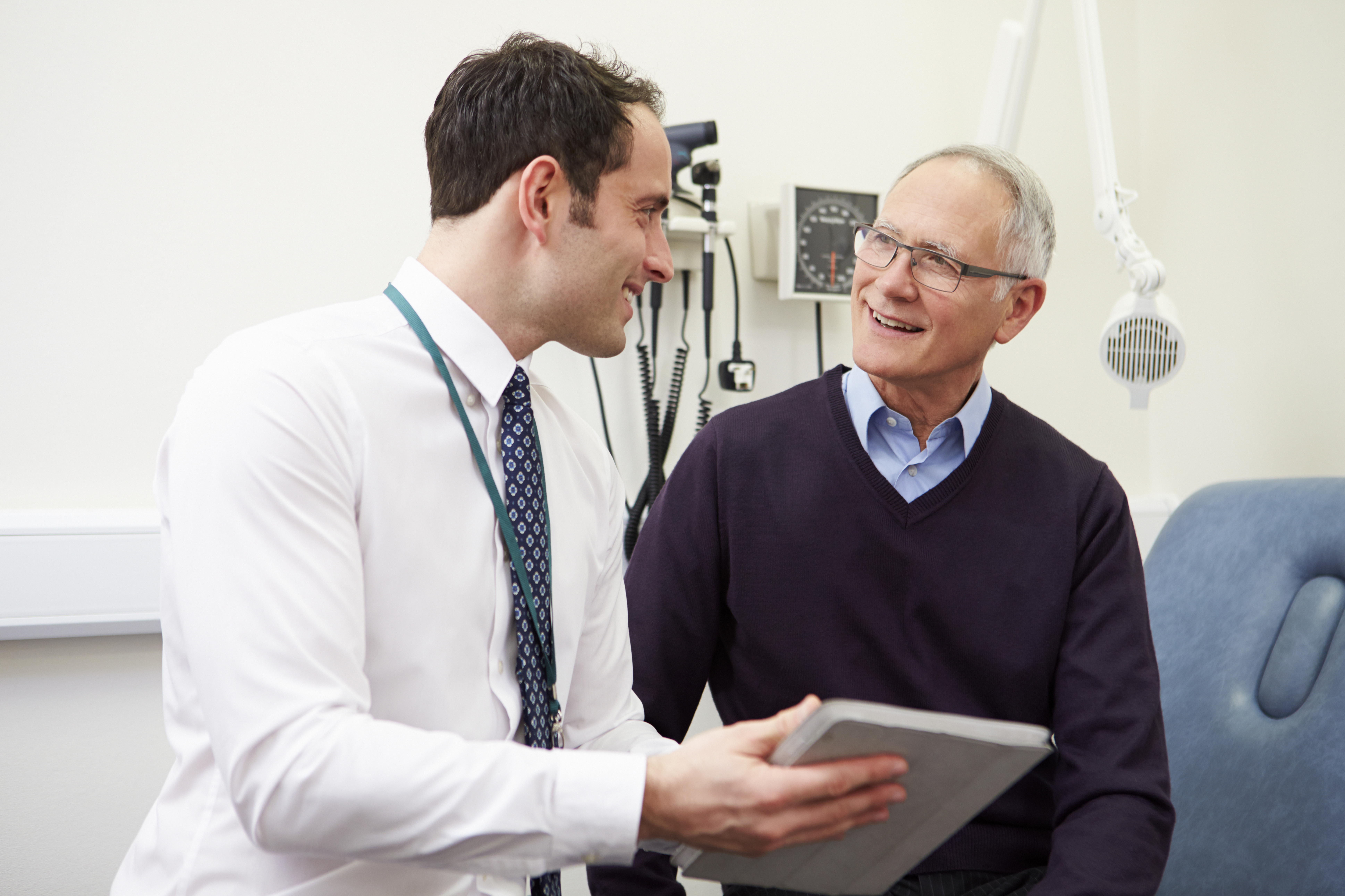
Causes and Symptoms of High Blood Pressure
According to the Centers for Disease Control and Prevention, nearly half of American adults live with high blood pressure, and less than 24 percent of adults have their blood pressure under control. High blood pressure may not seem serious, but it can lead to life-threatening conditions if left untreated. May is High Blood Pressure Education Month, making it the perfect time to learn about high blood pressure, ways to prevent it, and how to manage it.
What is High Blood Pressure?
High blood pressure, also known as hypertension, is when there’s too much blood pressure against the artery walls. If left untreated, high blood pressure can cause blood vessel damage and lead to kidney disease, heart disease, and stroke. There are two main types of high blood pressure:
- Primary hypertension- The most common type of high blood pressure, primary hypertension develops slowly over time. There is no identifiable cause for primary hypertension.
- Secondary hypertension- Secondary hypertension develops quickly and is often more severe than primary hypertension. Causes of secondary hypertension include congenital heart defects, thyroid problems, alcohol or drug abuse, or adrenal gland problems. It could also occur as a side effect of certain medications.
Many people don’t experience any noticeable symptoms during the early stages of high blood pressure, making it easy to go undetected until it causes a more severe condition such as heart disease. More severe high blood pressure can cause headaches, shortness of breath, nosebleeds, dizziness, chest pains, vision changes, or bloody urine. It’s essential to visit your doctor at least once a year to monitor your blood pressure. If your blood pressure readings are high, your doctor may suggest more frequent visits to ensure they don’t continue to rise.
It’s still unclear to medical professionals what causes blood pressure to rise over time. Still, some risk factors include those with a family history of hypertension, obesity, poor nutrition, or changes in the body due to aging.
Treating and Managing High Blood Pressure
If you’re diagnosed with secondary hypertension, your doctor will likely focus on treating the underlying cause of high blood pressure. For primary hypertension, lifestyle changes are often the best way to slow the progression of high blood pressure.
- Eat a heart-healthy diet- High blood pressure can lead to heart-related diseases, so eating a heart-healthy diet can not only reduce your blood pressure but also make your heart stronger. Try to incorporate more fresh produce, whole grains, and lean proteins, such as fish and chicken, into your diet. Also, reduce the amount of processed and fatty foods you consume and high sodium and sugar foods.
- Increase your physical activity- Exercise improves your heart health, and it also helps you maintain a healthy weight which reduces your blood pressure. Try to find time to do something active at least 30 minutes a day. You can go for a walk, ride a bike, go swimming or take a hike.
- Find ways to manage your stress- High levels of stress can lead to increased blood pressure. If you experience chronic stress, find ways to manage it, such as regular exercise, meditation, deep breathing exercises, or yoga. If your stress affects your daily life, talk to your doctor about other options for reducing stress.
If lifestyle changes alone don’t result in decreased blood pressure, your doctor may prescribe medication. Common high blood pressure medications include beta-blockers to make your heartbeat slower and use less force, diuretics to remove excess sodium from the body, and calcium channel blockers to reduce the calcium that goes to your heart muscles.
How Visiting Angels Can Help
If you or a loved one needs assistance managing high blood pressure, the team at Visiting Angels can help. Our caregivers can help seniors cook healthier meals, join them on walks to promote daily exercise, and set reminders for high blood pressure medication. We also provide light housekeeping, transportation to and from doctor’s appointments, personal grooming services, and more. Our Horsham office serves those in Horsham, Hatboro, Willow Grove, Ambler, Lower Gwynedd, Spring House, and the Pennsylvania surrounding communities. If you’d like to learn more about our services, you can complete this online form or give us a call at 215.938.7202.
